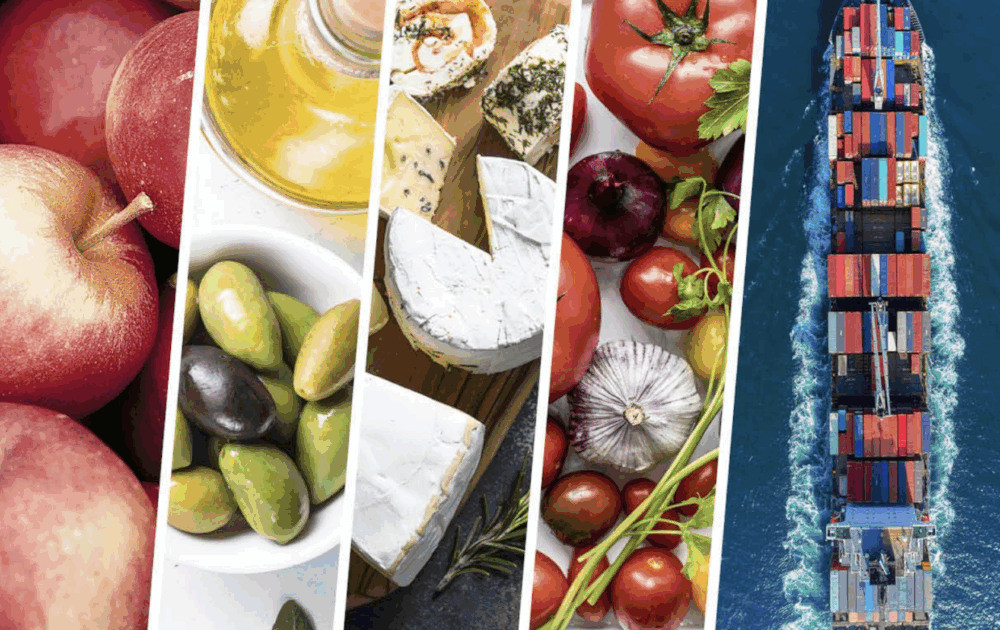The European Union and Indonesia have signed an economic partnership agreement that creates new opportunities for the food industry. Gradual tariff reductions and streamlined procedures are designed to facilitate trade, while introducing clearer and more transparent rules for participating businesses.
Benefits for European exports
EU food exports to Indonesia totaled around €1 billion in 2024. Under the new agreement, European companies will benefit from more favorable conditions, particularly thanks to clearer health and phytosanitary standards and the principle of "regionalization," which will prevent blanket import bans in the event of animal diseases confined to specific areas.
The sectors with the greatest potential include dairy, meat, fruit and vegetables, and processed foods such as chocolate, preserves, and bakery products. In addition, 221 European geographical indications will be protected in Indonesia against imitation and misuse, further strengthening safeguards for PDO and PGI products.
Not all categories, however, are included in the market opening. Products deemed sensitive for the EU - such as rice, sugar, eggs, fresh bananas, ethanol, and modified starches - remain excluded from tariff liberalization. For others, such as garlic and mushrooms, limited quotas have been introduced to balance new opportunities with the need to protect vulnerable European agricultural sectors.
From a competitive standpoint, the overall impact for Europe is not considered significant, as Indonesia's main exports - palm oil, cocoa, and coffee - do not directly compete with European production. The agreement is expected to strengthen trade relations and stimulate growth in exchanges, particularly in premium and high value-added segments.
Focus on Italy
Italy holds a leading position in EU exports to Indonesia, especially in sectors where Made in Italy is already well established, including cheese, pasta, confectionery, preserves, and olive oil. Among dairy products, Grana Padano, Parmigiano Reggiano, Pecorino Romano, and Gorgonzola stand out. In processed foods, demand is particularly strong for biscuits, chocolate, dry pasta, and confectionery. The preserves category is also significant, covering tomato purée, canned tomatoes, and preserved vegetables.
Wine is a category apart. Despite Indonesia's Muslim majority, Italian exports have grown in recent years, peaking at €6.6 million in 2023. In 2024 sales dropped to €4.1 million, and first-half 2025 data (around €900,000, compared with €1 million in the same period of 2024) indicate a slowdown. Here too, the agreement could help improve market access and enhance the positioning of Italian labels already on the ground.
For companies pursuing international growth, the agreement provides an opportunity to strengthen their foothold in a dynamic market, highlight internationally recognized excellence, and seize new business opportunities across Southeast Asia.



